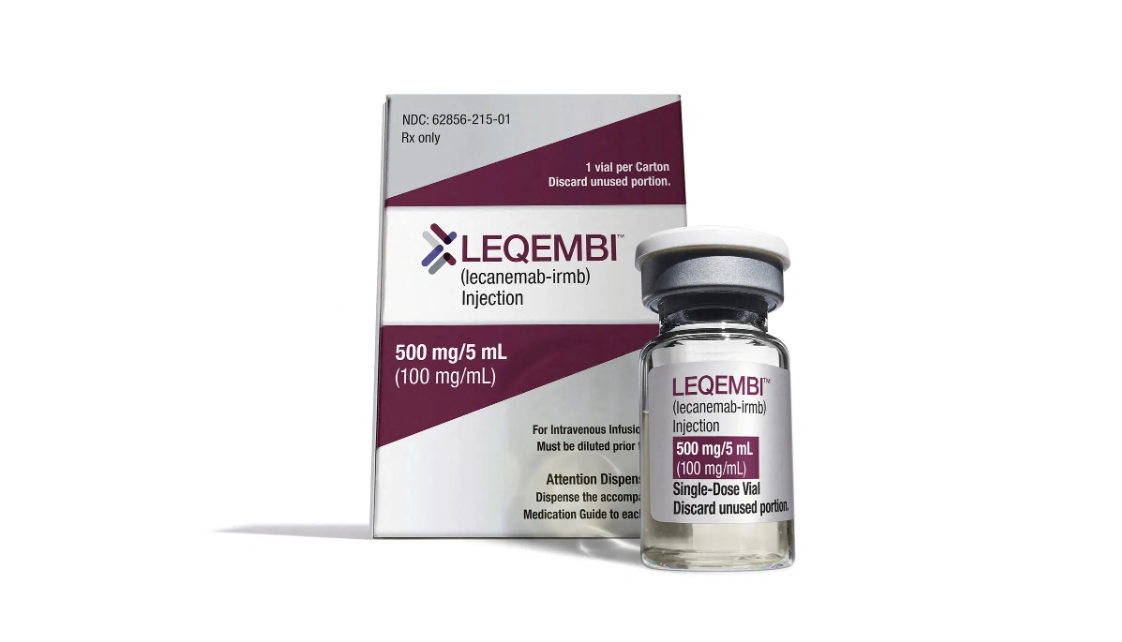The United States Food and Drug Administration fully approved the first drug, Leqembi, clinically proven to slow down Alzheimer’s disease. The medication, generically named lecanemab, is expected to be widely covered by Medicare insurance making it affordable for older adults in the early stages of the disease.
According to a July 6 NPR Health Shots report, Leqembi is a drug that will not stop or reverse the progression of Alzheimer’s disease, but it may slow down its progression, giving patients more meaningful time with their families. Studies showed that the drug appears to slow cognitive decline in memory and thinking by roughly 27 percent following 18 months of treatment. Leqembi also was found to significantly reduce the amyloid plaques that build up in the brains of people with Alzheimer’s.
With expanded Medicare coverage for patients with early signs of cognitive problems and elevated levels of amyloid plaques, it is estimated that a million or more patients could potentially qualify for the drug. However, it is expected that a much smaller number will receive the medication in the next year or two as the roll-out begins.
Leqembi requires an initial determination of amyloid plaque levels in the brain, and intravenous infusions every other week with regular brain scans to screen for side effects, including brain bleeding or swelling. More specialists will be needed, who understand the treatment and can provide continuing observation, for greater widespread prescribing of the drug.
After receiving accelerated approval from the FDA in January of this year, Leqembi’s full approval may be a game-changer for older adults in the early stages of Alzheimer’s. The Japanese pharmaceutical company Eisai and its American partner Biogen expect the drug to cost about $26,500 US per year.
Learn more about Leqembi studies, common side effects, and its applications by following this link to a recently posted FDA News Release.






Add Your Voice
0 Comments
Join the Discussion